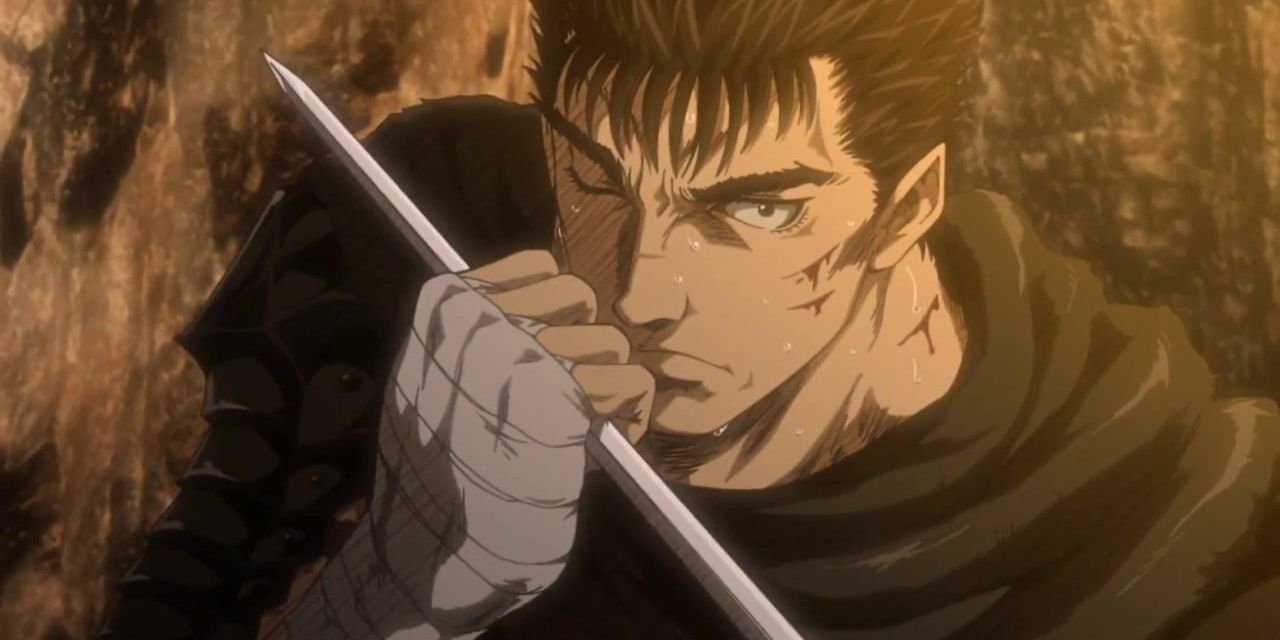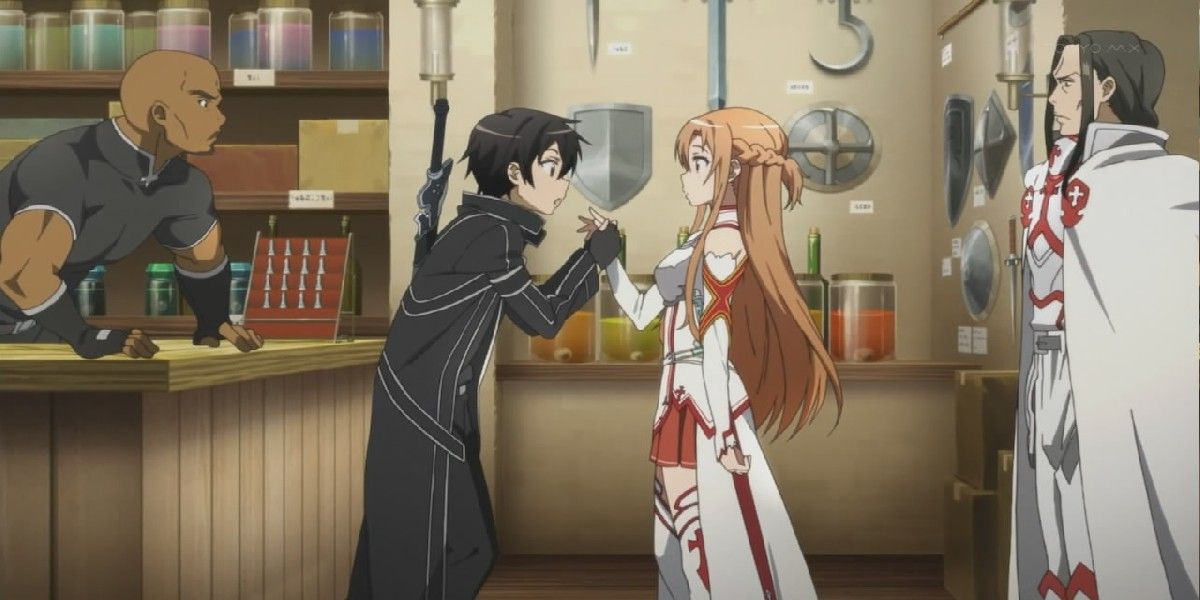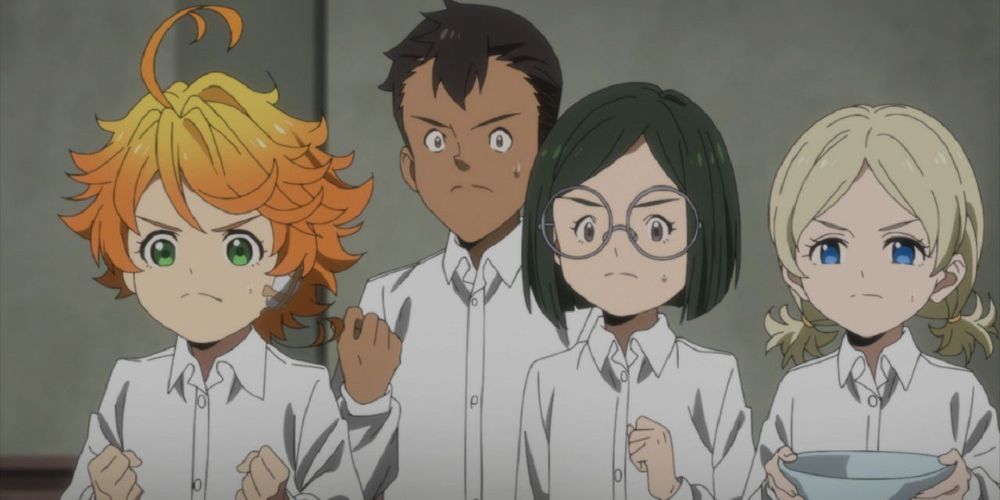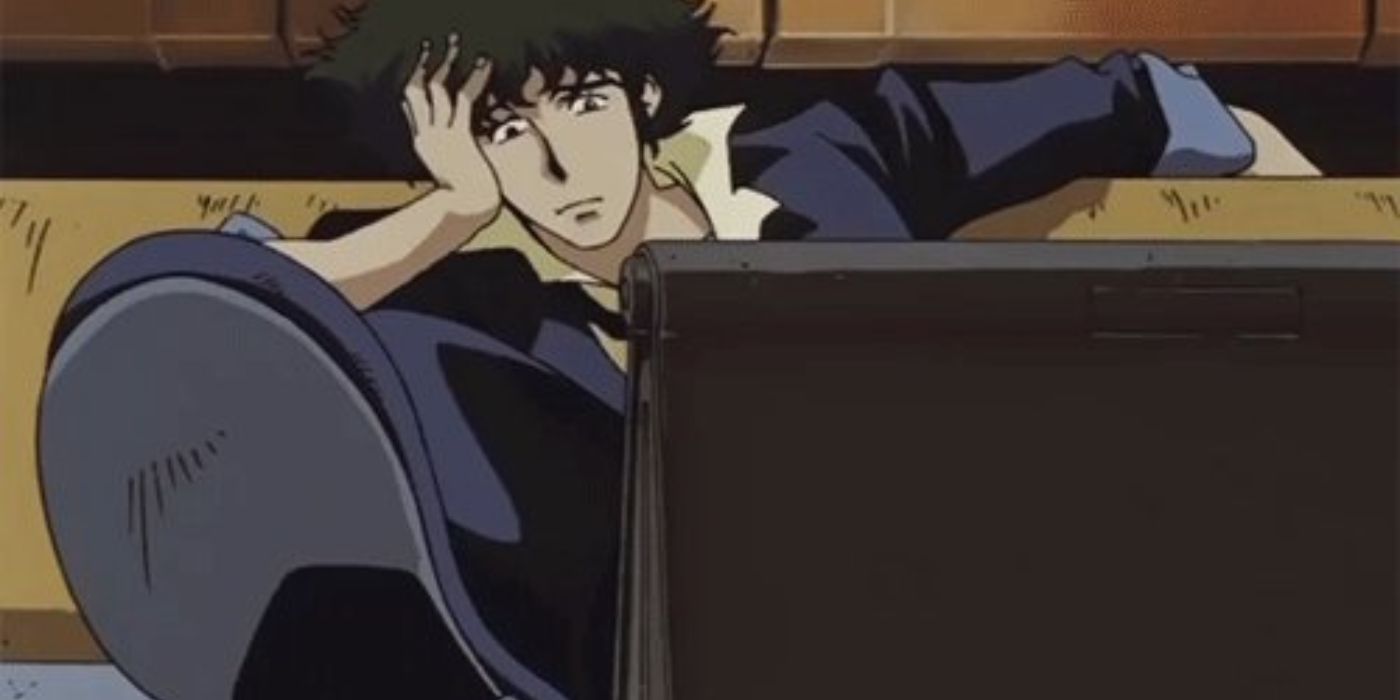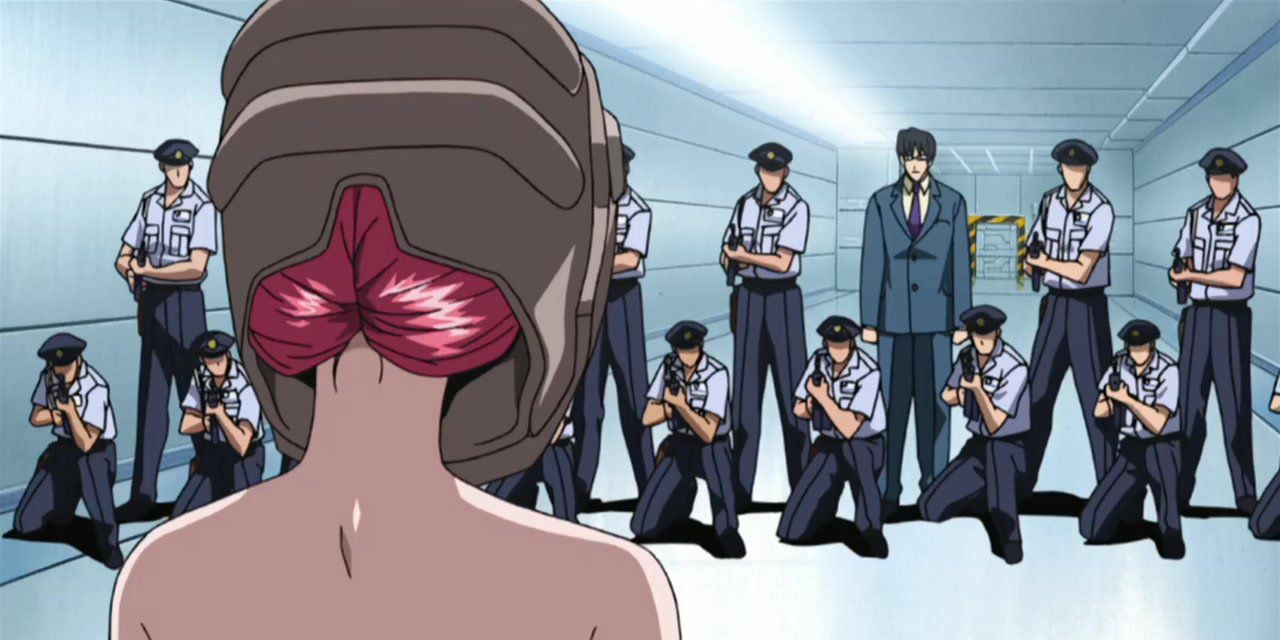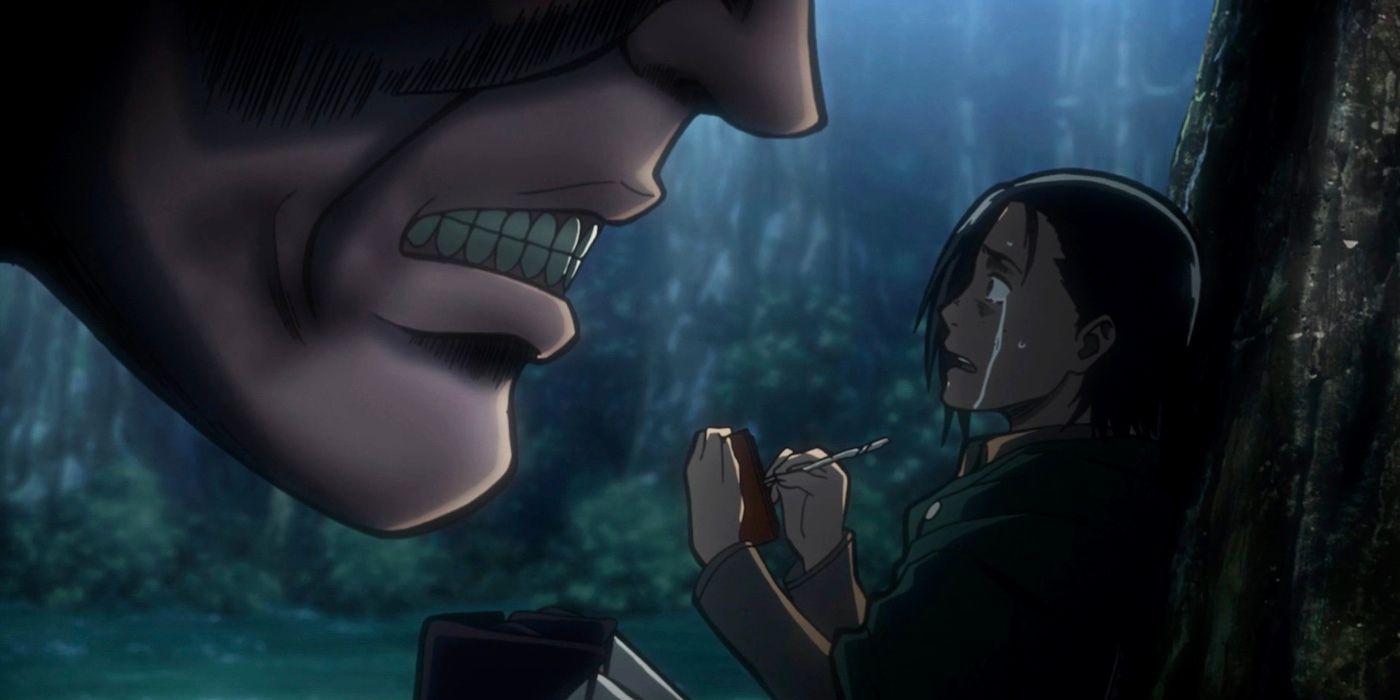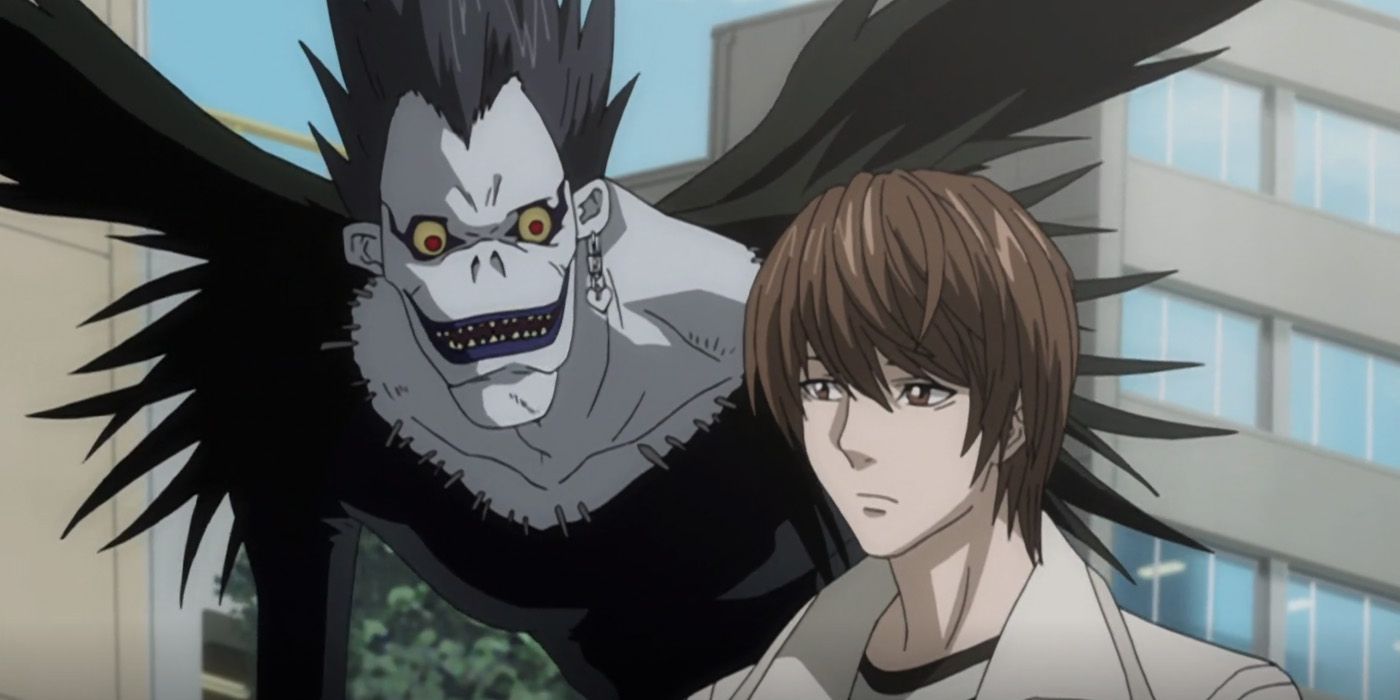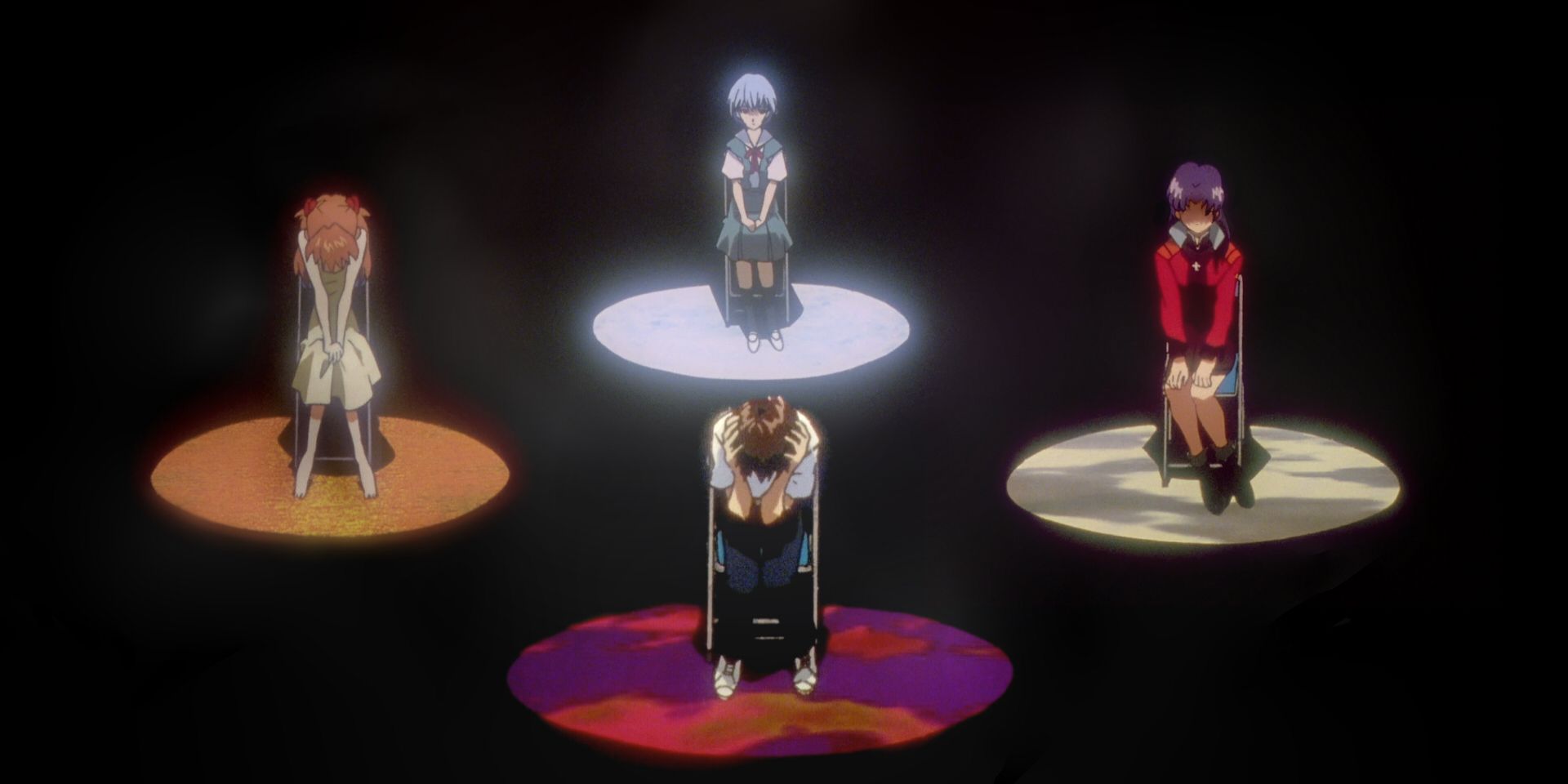The world can be a complicated, confusing place for anyone. When watching anime, fans fall into another world where things seem more straightforward, more uncomplicated, and more sensible. However, sometimes an anime has the opposite effect — it shatters the viewer's preconceived notions and makes them confront the unanswered questions of life head-on. This latter case demonstrates the true power of anime as a transformative art form.
All anime series have underlying messages within them. They may be that friends are all a person needs, that courage can lead to strength, or that love can save the world. When anime is at its best, it can deliver the challenging questions of morality, psychology, and reality in palatable ways that leave viewers thinking long after the show has ended.
10 Fullmetal Alchemist: Brotherhood Shows That For Everything Given, Something Is Taken
Aside from the enigmatic alchemical imagery prevalent throughout the series, Fullmetal Alchemist: Brotherhood also subtly explores other deep themes. The series' main message illustrates how, in order to gain anything, a person must always sacrifice something else.
The suit of armor that has become Alphonse also raises interesting implications. As Al loses his entire body and is confined to an empty suit of armor, his soul is all that remains within it. However, this question of the soul has never been easy, as neuroscientists generally believe that the physical brain is needed for a person to think.
9 Trauma Turns Into Pain In Naruto
The popular series Naruto expresses many interesting psychological themes, both subtle and obvious. A central message of the series is that trauma can influence an individual to traverse various paths which may seem beyond the understanding of others.
Naruto constantly plays the role of the supportive, understanding individual who can see flaws in the beliefs caused by trauma because he lives with his own demon that he has conquered within him. Pain aptly demonstrates this. His trauma caused him to turn to evil devices, but Naruto ultimately convinced Pain to change after willingly listening to his story.
8 Berserk Is A Master Class In Nihilism
The pain that Guts, the main protagonist of Berserk, endures is magnified by its sheer senselessness and hopelessness. In the original 1997 anime rendition, the story underlines this sense of pointlessness by ending with no positive revelation for Guts.
Guts is offered no solace, just the realization that his world is turned upside down with no choice but to go on living. This bleak picture has been explored in the philosophical position of nihilism, which claims that life has no meaning — it just simply is. For Guts, he must provide himself with his own purpose in a world where terrible things happen for no reason.
7 Sword Art Online Finds Meaning Within The Simulation
Some viewers might question whether they are living in a simulation. This is a question that some thinkers grapple with today. Sword Art Online tackles this question head-on by showing what it may be like to be forced into such a circumstance.
However, if everything were only a simulation, that could mean that everything a person knows is fake. However, Kirito and Asuna prove there can be meaning to life in the simulated world of Sword Art Online. Ultimately, they discover that, even if the world around them is not real, the true purpose and importance in their lives are the relationships they share with other people.
6 The Promised Neverland Questions The Extent To Which Humans Can Be Manipulated
As fans watch The Promised Neverland, they immediately learn that nothing is what it seems. This uncertainty culminates in the character of the Mother, Isabella. Her ability to raise the children only to manipulate them for her own benefit exposes an ugly side to human nature.
At the same time, the kids show that the innocence of youth can overcome impossible obstacles if it can resist indoctrination into the status quo. Ultimately, Isabella's willingness to help them expresses her mature understanding of the youth's right to challenge the old ways that bind their freedom. Emma and the kids teach fans that there is always a way over barriers with a bit of courage.
5 Spike Fills His Own Void In The Emptiness Of Space In Cowboy Bebop
Love, loneliness, and regret are some overarching psychological themes explored in the futuristic masterpiece Cowboy Bebop. As Spike, Jet, Faye, and Ed travel through space, their past conflicts constantly haunt them, and they are compelled by a longing to resolve them.
The Existentialist motif, "existence precedes essence," suggests that a person creates their own purpose in life — this is precisely what Spike and the crew embody. To the viewer, it appears as though the crew is always searching for something through the vast vacuum of space, despite their often never having any real goal.
4 Elfen Lied Has Never Been More Relevant To Society Today
In Elfen Lied, the struggles of the mutant species, the Diclonius, highlight what it is like to be judged based on racial discrimination and prejudice. The Diclonius are considered violent. However, Elfen Lied challenges this notion because they might only be acting that way in reaction to how they are treated.
Fans can see this cycle of discrimination, reaction, and further discrimination as paralleling the struggles of minority groups in many societies throughout human history. The ending scene is quite unnerving and has made Elfen Lied infamous.
3 Attack On Titan Questions The Validity Of Ongoing World Conflicts
Attack On Titan raises difficult questions about morality and dehumanization in war. As Eren sets in motion his destructive plans, the viewer is left wondering if there is another way. The series shows that human beings are on both sides of any battle. Only when they recognize the humanity in each other will they be able to reach a mutual agreement.
It is an age-old debate whether it is right to harm 50 people to save 100. This notion of doing what's best for the largest number of people is called utilitarianism and has been refuted for hundreds of years. As fans watch the events of Attack On Titan unfold, it becomes painfully clear who's right and wrong.
2 Light Becomes Everything He Wanted To Destroy In Death Note
Absolute power corrupts absolutely — this well-known phrase is explored to its logical conclusion in Death Note. What begins with Light trying to use his Death Note to rid the world of evil proceeds down a spiral of darkness, deception, and manipulation.
When Light receives the Death Note, he begins to write names in it with the idea of ridding the world of evil and creating a utopia. But there is a cost — and the series makes fans wonder if anyone has the right to play God. These questions are explored in Death Note as Light begins living a double life as Kira.
1 Neon Genesis Evangelion Is The Quintessential "Deep" Anime
Fans almost always mention Neon Genesis Evangelion when discussing the most thought-provoking anime. The psychological traumas the characters face in their battle with the Angels are enough to leave a lasting impact on viewers. Rei's character explores the implications of cloning and what it is to be human.
Finally, the controversial ending explores the singularity — an idea that all human beings could one day be united as one being. Not only is the outlying story profound, but Neon Genesis Evangelion's imagery is filled with religious symbolism.

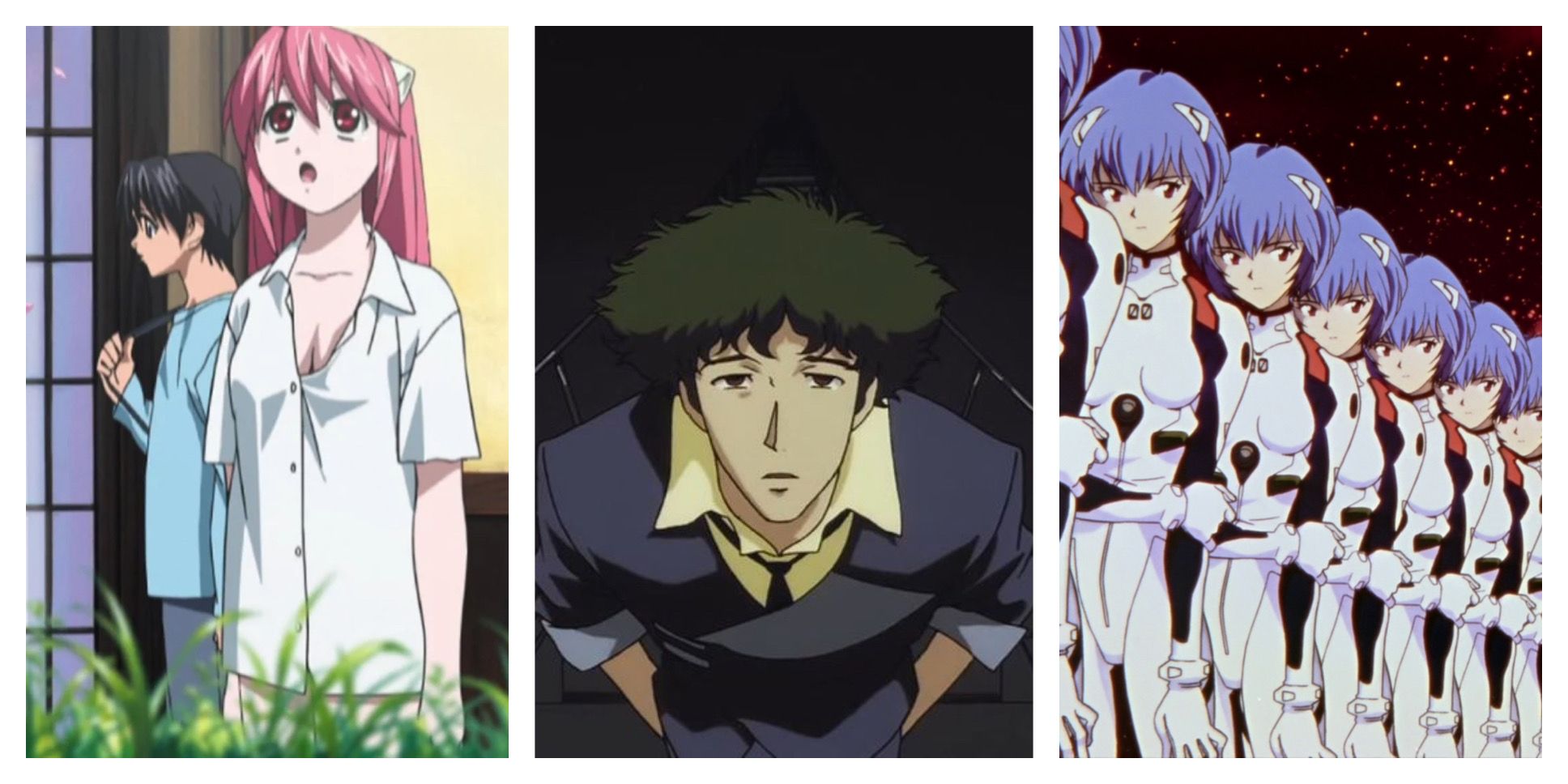
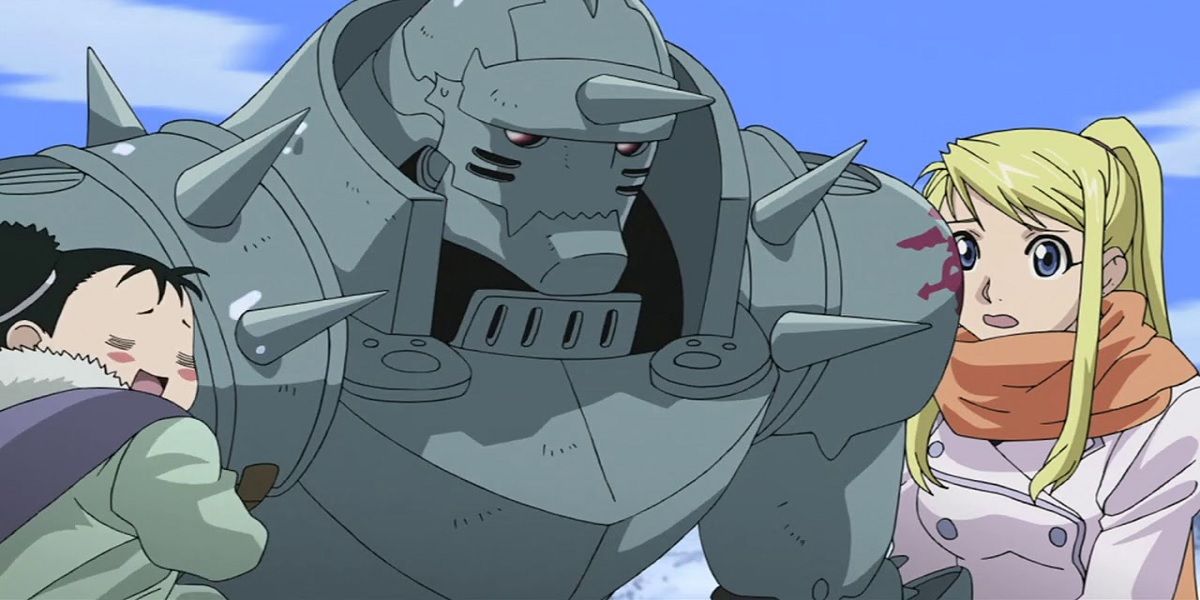
.jpg)
